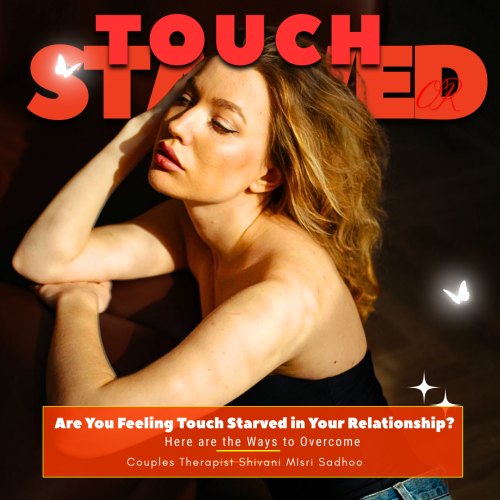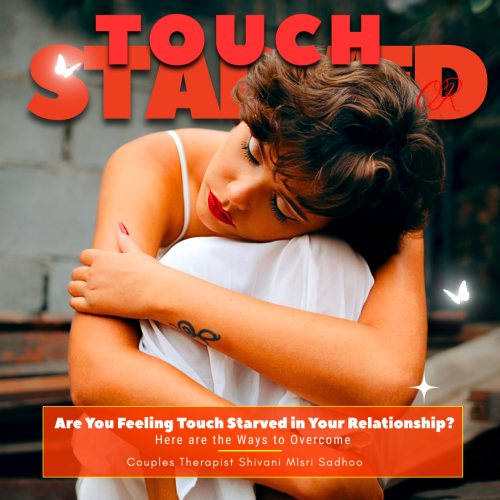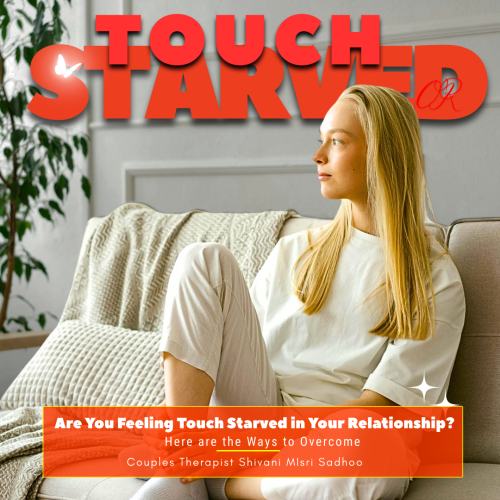When you’re deeply in love with someone, it’s so easy to let certain things slide. In those early, starry-eyed days of love, everything feels magical — you’re wrapped up in affection, laughter, and the thrill of being together. But as that initial “lovey-dovey” phase begins to settle, reality slowly seeps in. You start noticing the small differences — the way you both think, react, and handle situations. Disagreements begin to show up, and that’s perfectly normal.
Contrary to what many people believe, conflicts don’t necessarily mean there’s something wrong with your relationship. In fact, they’re an inevitable part of any close emotional bond. Conflicts can either be constructive or destructive — it all depends on how couples handle them. When arguments leave you feeling unsafe, disrespected, or unresolved, they can become toxic. However, when it comes to the everyday disagreements and annoyances that every long-term relationship faces, expressing your frustrations and discussing them is not only normal but also necessary.
Interestingly, research shows that couples who argue — and resolve those arguments — tend to stay together longer than those who suppress their issues. The key lies in how you navigate those rough patches.
So, if you’ve recently had a nasty fight with your boyfriend and now find yourself facing the silent aftermath, wondering how to make him talk again, don’t panic. Silence after a fight can feel heavy, but it doesn’t have to mean the end of communication.
How to make your boyfriend talk after a fight?
Here are some thoughtful ways to break the ice and reconnect with him after an argument, shared by none other than Shivani Misri Sadhoo, one of the leading marriage counsellors and one of the best relationship therapists in India.
Stay Calm
Perhaps one of the first things you can do after a fight with your boyfriend is to disconnect for a while and calm yourself down. A calm mind helps you think clearly and logically and understand the situation better. When you are composed, you can express yourself without anger or blame, which makes it easier for your boyfriend to open up and talk. Giving yourself time to relax not only helps you regain balance but also creates space for honest and peaceful communication.
Choose Written Communication
You’ve just had a fight with your boyfriend and are not on talking terms at all. So, what next? How about turning to written communication? When words fail to come out face-to-face, writing can bridge the silence. Thanks to the digital age, messages travel faster than thoughts, giving you time to express feelings without interruptions or ego clashes. A simple text can ease tension, clear misunderstandings, and gently open the door to conversation once again.
Retrospection
Retrospection is vital after a heated argument, as it allows one to look inward and evaluate their actions and communication style. By identifying what triggered his anger or hurt, one gains clarity about emotional patterns and underlying issues. Taking accountability for one’s role instead of assigning blame fosters openness and trust. Often, what seems like a small disagreement hides deeper feelings—such as feeling neglected or misunderstood—and through reflection, these real concerns can be addressed, encouraging him to talk again.
Give Him Time To Think
Sometimes it is essential to give your boyfriend some space after a fight. As they say, silence is golden—and it truly is at times. He needs time to process his thoughts and emotions, which are probably tangled and intense right now. Don’t overburden him with constant messages or questions; instead, let him breathe. When the storm settles, approach him calmly, with understanding and warmth. A gentle tone and open heart can do wonders, making it easier for him to express what he truly feels.
Surprise Him
Conflicts or arguments can happen for many reasons, and sometimes emotions get the best of us. To help make your boyfriend talk after a nasty fight, you can take a gentle approach by surprising him with his favourite meal, a small gift, or something meaningful that shows you still care. This simple gesture can melt away anger and open the door for calm communication. Once he feels your effort and sincerity, he’ll be more willing to talk, understand your side, and make things right again.
Lend Your Ears
Once your partner is ready to talk, make sure you listen to him carefully. Lend your ears completely. Disconnect yourself from digital media to reconnect with him genuinely. Give him your undivided attention and let him feel that his thoughts matter. Avoid interrupting or defending yourself; instead, focus on understanding his emotions. Maintain gentle eye contact and use a calm tone to create a safe space. Sometimes, just being fully present can melt the tension and open his heart to speak freely again.
Conflicts are a natural part of any relationship, but how you handle them makes all the difference. Stay calm, reflect, give space, and communicate with empathy—whether through words or gestures. Listen with an open heart, show care, and let love guide you back to understanding and connection.









